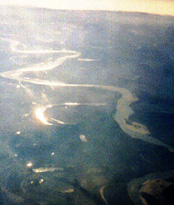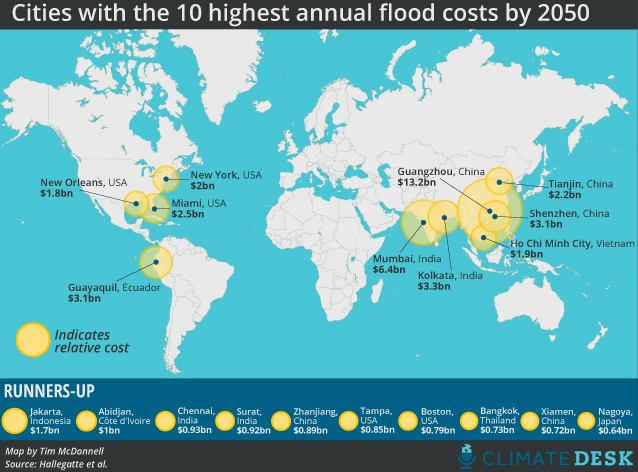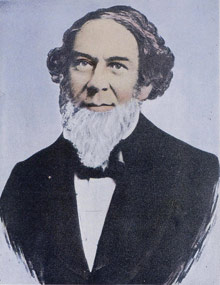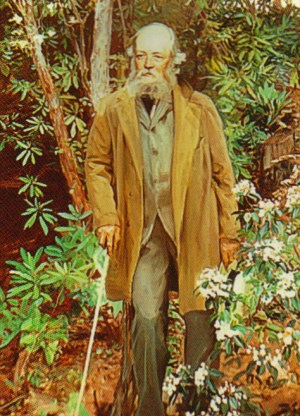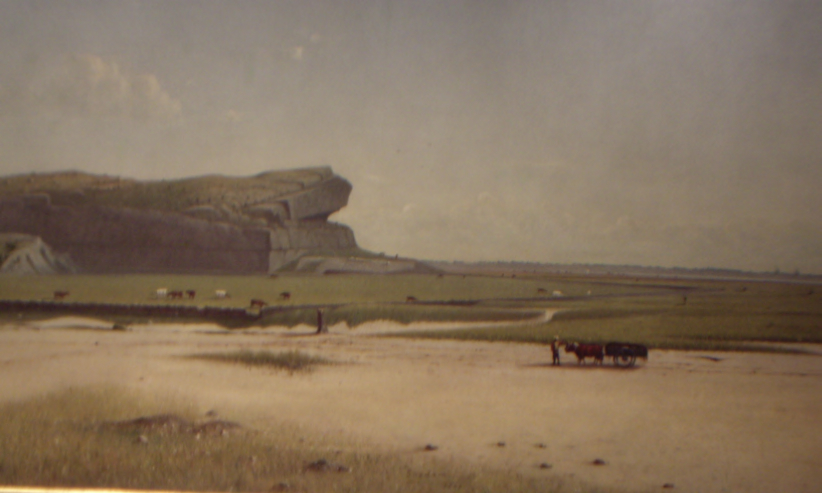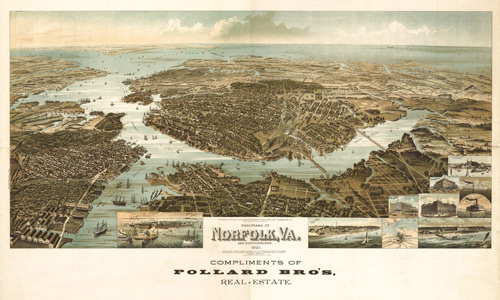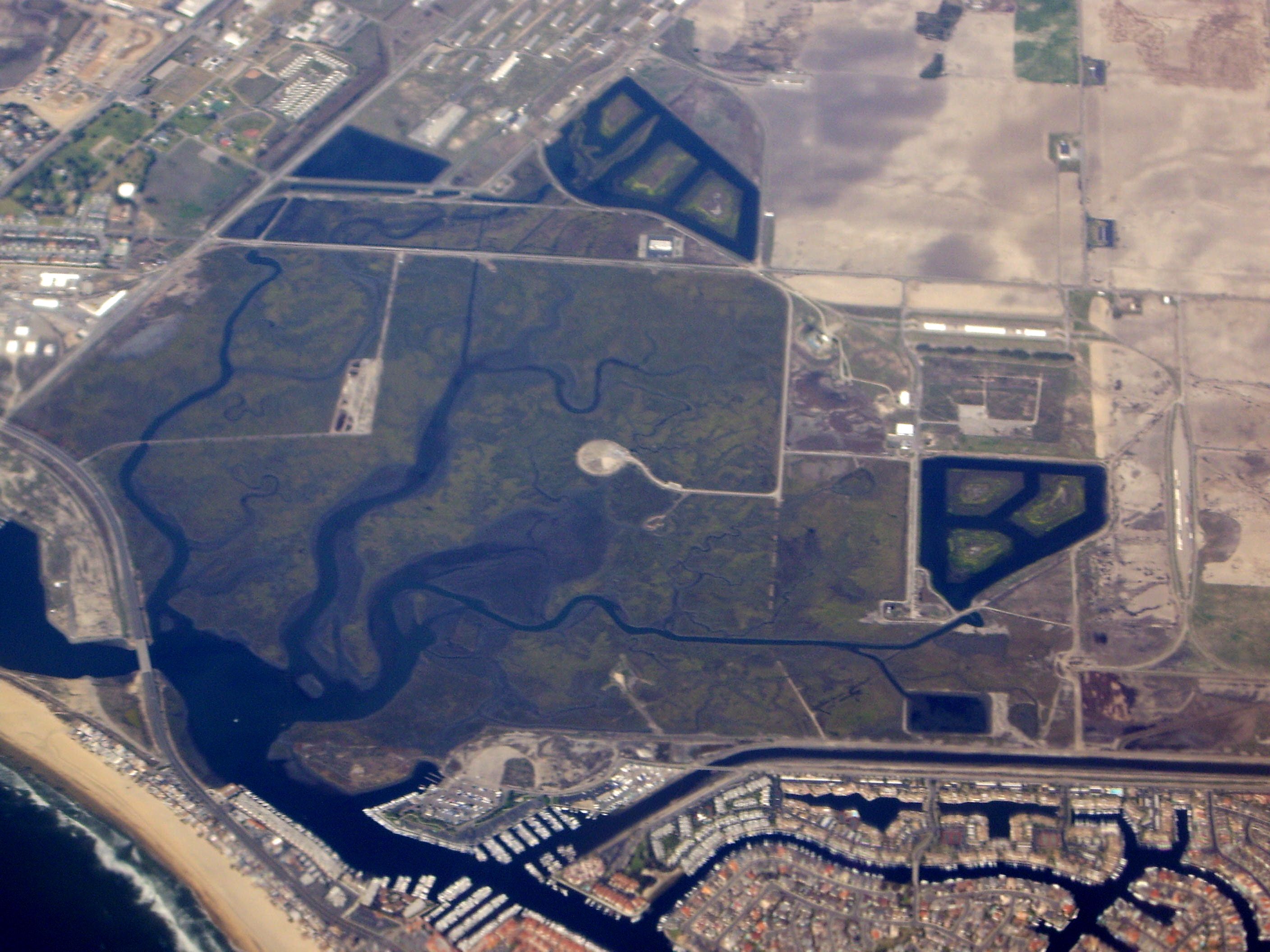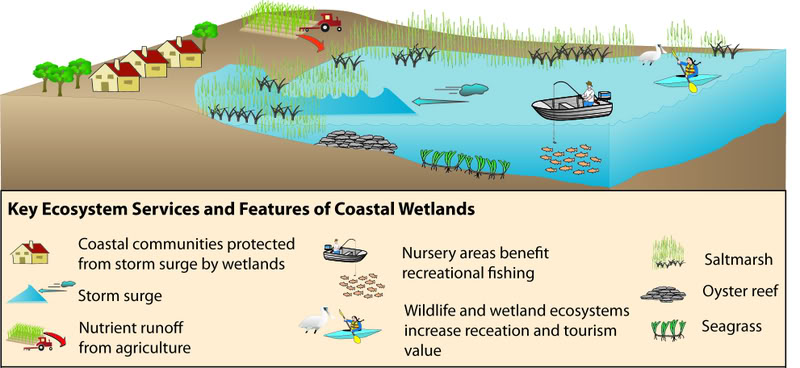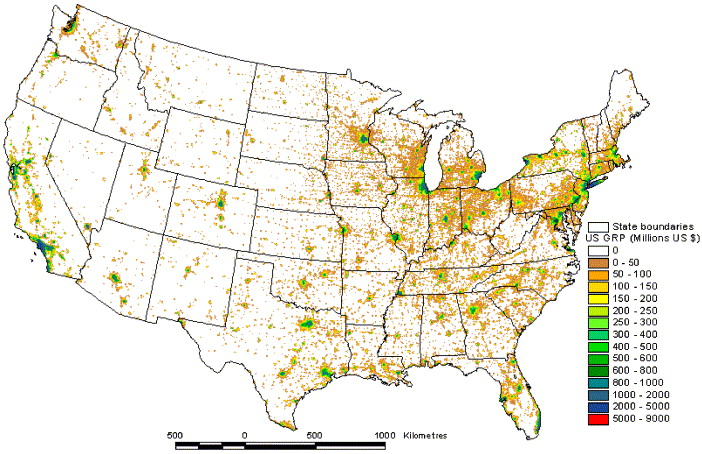book analysis
![]()

Navigating the site:
Analysis
Siry book
 What
does geographical regeneration mean?
What
does geographical regeneration mean?
Where and how do estuaries entail several related ideas?
“Seafood including lobsters, clams, mussels, oysters, shad, salmon, scallops, striped bass, and crab all depend on estuaries and rivers for their nourishment.”
Estuarine loss and movements to restore salt marshes.
rivers | wetland loss | key concepts | key people | stages in transformation | related authors | property values
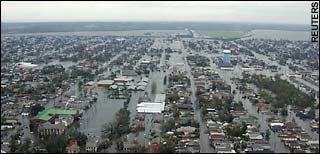 Estuaries are necessary for our commercial fisheries, to protect ocean life, or sustain bird populations and protect us from rising sea levels. Once thought of as wastelands the marshes that surround estuaries have shown to be so productive that the ways we view
them are changing.
Estuaries are necessary for our commercial fisheries, to protect ocean life, or sustain bird populations and protect us from rising sea levels. Once thought of as wastelands the marshes that surround estuaries have shown to be so productive that the ways we view
them are changing.
New Orleans, pictured here, flooded in August, 2005 due to negligence by the Army Corps of Engineers, the United State Congress and the Federal Emergency Relief Administration [FEMA] costing thousands of people's lives and destroying a city. All because federal authorities still do not understand rivers, do not invest in people, and can't protect urban areas.
“Many circumstances are misunderstood, at first, by people who interpret nature, none more so than river mouths and their related marsh lands.”
“Once viewed as obstructions that produced disease ridden air and foul smells, wetlands along rivers and tidal marshes have now been understood as very productive sectors of a river's natural basin where ocean water is measurably diluted by freshwater drainage from the land.”
The curving waters of the Mississippi River reveals shimmering opaque quality as a reflective glint bounces off the surface of an oxbow in a late afternoon sun.
As the "Big Muddy" moves relentlessly from Minnesota to the sea, mud, sand, silt and debris are moved like falling leaves in a storm swept deluge from the land into the ocean.
So much soil is carried off of the land that the mouth of the river forms a wide delta protruding like an embarrassed lover into the warm waiting waters of this vast inland extension of the ocean at the Gulf of Mexico.
Mouth of the Mississippi River forms a delta.
“Rivers are a unit from their source to their mouth," said Gifford Pinchot in an astute and pithy remark.
p. 3.
Without wetlands any shoreline is vulnerable to flooding. While not the sublime and arresting landscape feature that waterfalls or geysers are, marshes, waterlogged earth and soggy brushlands are created by excessive water flow and insufficient space. No amount of defensive structures can work as effectively as a wetland to keep floods from destroying neighborhoods, entire villages, and farms. That lesson is rarely welcome news to developers, tax collectors and ignorant buyers of waterfront property. It is a lesson that has to be learned again and again in every succeeding generation.
Rivers as a Source | water | water ethics | rivers and forests | river as a metaphor
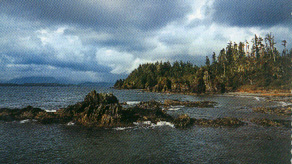
![]()
Key Concepts
- Coevolved diversity how two or more species and a community survive over generations.
- Geographical regeneration was George Perkins Marsh's idea to restore disturbed harmonies
- Biological integrity, How animals, plants, soil & water functionally fit together
- Comprehensive riverine management
Pinchot & McGee realized policies had to treat rivers, forests fisheries, dams, irrigation, flood control and reservoirs as a single unit to provide for the common good epitomized in the Governor’s Conference on Conservation 1908. - Systemic thinking, Charles Ellet, tied upstream to downstream impacts in one coherent vision.
- Agrarianism, Thomas Jefferson’s and Physiocrat’s beliefs that land is source of wealth or monetary value. From the physiocrats and politiques, many Americans like Jefferson were influenced to create a localized and limited government with "shared sovereignty" over policies.
- laissez-faire is a French phrase for a political philosophy of the "politiques" from the 18th century. Meaning literally "allow to make or do," their argument is not to interfere in society.
- Utilitarian, meaning the greatest good for the greatest number – Jeremy Bentham & John Stuart Mill.
- Conservation meaning to keep from harm, loss, decay by forecasting future economic needs and social desires
- Round River as a literal and figurative representation of waters in an estuaries tidal marshes.
- Ecosystem management meaning to look at an entire natural area to see what makes it work
- Estuarine productivity (basis of) 3, three vegetative components & daily changes in the tides:
- Mud algae
- Spartina grasses
- Diatoms and phytoplankton
- Together these parts of the land and sea function in ways that make river mouths very fertile.
- Estuarine preservation The movement after 1964 to stop filling in marshlands and dredging grass lands and mud flats along the coast or diverting upstream water from the mouths of rivers, passed into law in 1968 by a weak bill creating national estuarine preserves.
- For more definitions of important words go here!
rivers | wetland loss | key concepts | key people | stages in transformation | related authors
![]()
Key figures in this book:
- Adam Seybert, he had the wrong idea, but the correct vision in that marshes may be determined in some future time to have real value
- Edmund Ruffin, succession of vegetation and eventually loblolly pine forest on North Carolina dunes renews the soils on the outer banks.
- Charles Ellet, Mississippi River survey, he recognized in a report to Congress before the Civil War that the removal of wetlands needs to be balanced by upriver reservoirs and that New Orleans flooding was due to destruction of upriver forests, drainage of wetlands and building levees along the upper river.
- Frederick Law Olmsted, Staten Island reclamation, suggested that Yosemite Valley be preserved as a Park and advocated the necessity of urban places for outdoor recreation. He created Central Park, New York and conceived of rivers as natural drainage for landscape, forests as watershed protection, and suburbs as the best of urban and rural lands combined.
- Spencer Fullerton Baird, started the US Fish Commission and recognized marshes as needed for depleted fisheries to revive.
- George P. Marsh, Studied fish declines in Vermont and saw the need to treat rivers as a complete unit. He started the Smithsonian Institution and believed that humans were changing the shape of the the planet and thus they needed to restore "disturbed harmonies" through "geographical regeneration, or improving the viability of land and watershed.
- John W. Powell, Understood the relation of land and water, proposed a comprehensive plan for the western US, the arid regions, based on building reservoirs and making irrigation of western farmlands to create small farms in the west. Started the US Geological Survey thanks to S. F. Baird.
- Alexander Agassiz, Son of a famous biologist, who accompanied his father Louis Agassiz to survey the Florida keys, identifying corals and marine animals. Understood the relation of the ocean to rivers and the need for marine life to use rivers to feed or spawn.
- Karl Möbius, a German mathematician who studied oyster reefs in the estuary of the river and understood that the living oysters altered the river mouth as much as the river nourishes the oysters. Coined the term biotic community based on oysters.
- Nathaniel Shaler, Geographer who understood the role of Marshes but as part of the Reclamation Bureau's effort recommended drainage of vast areas of the eastern tidal marshes.
- Aldo Leopold, the wildlife ecologist who spent time in the delta of the Colorado river and he realized that marshes had wildlife value way beyond what was considered agriculturally necessary at the time. He wrote marshland elegy to explain who filling marshlands was ill advised.
- Rachel Carson, The biologist at the US Fish and Wildlife Service who understood the ocean enough to articulate the importance of estuaries and marshes to the reproduction of fish and birds.
- Eugene Odum, the ecologist who studied Silver Springs and the trophic levels of rivers and marshlands to such an extent that he discovered the high productivity of river mouths and the reason why tidal marshes were able to sustain coastal fisheries and migratory birds. Understood the marshes as the "kidneys" of the ocean's purification system.
rivers | wetland loss | key concepts | key people | stages in transformation | related authors
![]()
The three stages of landscape transformation affecting river mouths:
Agrarian or agricultural | Urban, or city & port development | Suburban or leisure & hyper-industrial
Agrarian – farms and grazing (Swamplands, 1850s and Reclamation Act 1902)
18th century to 20th century
Urban – industrial (filling tidelands for ports, roads, railways and airports)
18th century to 21st century
Suburban – post-industrial, filling in of marshes for marinas, second homes, single family home. 19th century to 21st century.
The mark of conspicuous consumption on the tidal marsh and estuarine landscape of the seashore.
rivers | wetland loss | key concepts | key people | stages in transformation | related authors
![]()
A diagram graphing the quantitative output and thus efficiency capacities of different types of plant associations to convert sunlight into biological matter [called biomass]:
The work of Eugene Odum on Sapelo Island, in the Georgia Sea Islands, particularly revealed that tidal marshes along estuaries are among the single most productive biological communities when compared to the amount of sunlight, water, and nutrients turned into food; acre for acre these estuarine marshes are far more productive than even an Iowa cornfields.
- biological community
- habitat
- natural wealth of habitats, or settings
- Natural Assets
- Nature, meaning
- Nature, varieties
- Wilderness, fight for
- WEAL
Value of property in the United States with coastal and inland valuations.
rivers | wetland loss | key concepts | key people | stages in transformation
Austin | McKibben | Nash | Leisure | Wilderness | Margulis | Carson | Odum | Wilson | Carr | Leopold | Steingraber
Assignments | Writing | Attendance | Grades
schedule | Research home | Atlas | site-search | Ecology | laws | reliable web sites | quick look
Science Index | Site Analysis | Population Index | Global Warming Index | Nature Index | Research sites | Genes
Terms | Glossary | Word webs | Basic vocabulary | Advanced Vocabulary | Antonyms | Synonyms | Etymology | Concepts
Writing | Interviews | Free Writing
.gif)
